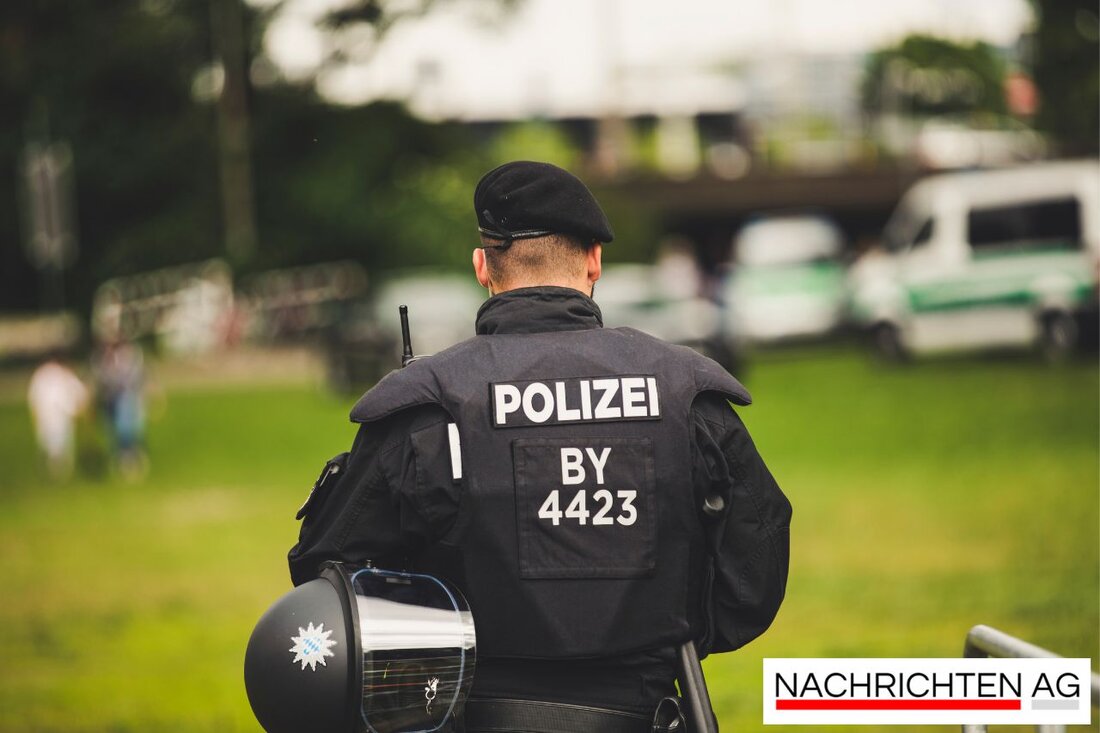Hundreds at the anti-war march in Cologne: violence between police and protesters!
Hundreds demonstrated against war in downtown Cologne on September 1, 2025, and police broke up the event after clashes.

Hundreds at the anti-war march in Cologne: violence between police and protesters!
Hundreds of people gathered in downtown Cologne on September 1, 2025 for an impressive anti-war march. The event was organized by the “Rheinmetall disarmen” alliance, which presented clear demands, including the initiative to demilitarize Germany and the protest against the conscription law. According to Borkener Zeitung, the demonstrators marched with thought-provoking slogans on their banners, such as “We will not die in your wars” and “No to conscription”.
At the beginning of the demonstration, the mood remained peaceful. But over the course of the day there were violent clashes between police and demonstrators on the sidelines of the event. According to a police spokesman, as reported by Tagesschau, demonstrators attacked police officers, which ultimately led to the decision to break up the demonstration late in the evening. The police used gas and batons to bring the situation under control.
Conflicts and injuries
The reported injuries on both sides were significant: demonstrators reported 40 to 60 injured people who could not receive medical attention, while the police recorded 13 injured officers, three of whom were no longer fit for duty. In addition, around 150 demonstrators were injured. A police spokesman, however, pointed out that more precise figures on the number of injuries among the demonstrators were not yet known.
The police said that around 1,600 emergency services were mobilized to secure the event. During the day, two people were taken into custody when officers were pushed to the ground while attempting to conduct a stop. The officers also found dangerous materials such as denatured alcohol and gas bottles in an escort vehicle.
The context of protests in Germany
The events in Cologne also take place against the backdrop of the fact that the right to freedom of assembly is increasingly under pressure in Germany. According to Amnesty International, freedom of assembly is restricted by repressive laws and police violence. Freedom of assembly expert Paula Zimmermann raises concerns about the growing perception of protests as a threat to public safety rather than a human right.
The demands of the Cologne demonstrators thus reflect a broader movement that is directed against the militarization and rearmament in Germany. Protests like this march show the determination of many citizens to raise their voices against war and injustice, even at a time when such gatherings are increasingly criminalized.
The anti-war march in Cologne represents a further expression of the unbroken opposition to war and militarization. It remains to be seen how the social and political reactions to such protests will develop and whether the concerns of the demonstrators will be taken seriously.

 Suche
Suche
 Mein Konto
Mein Konto